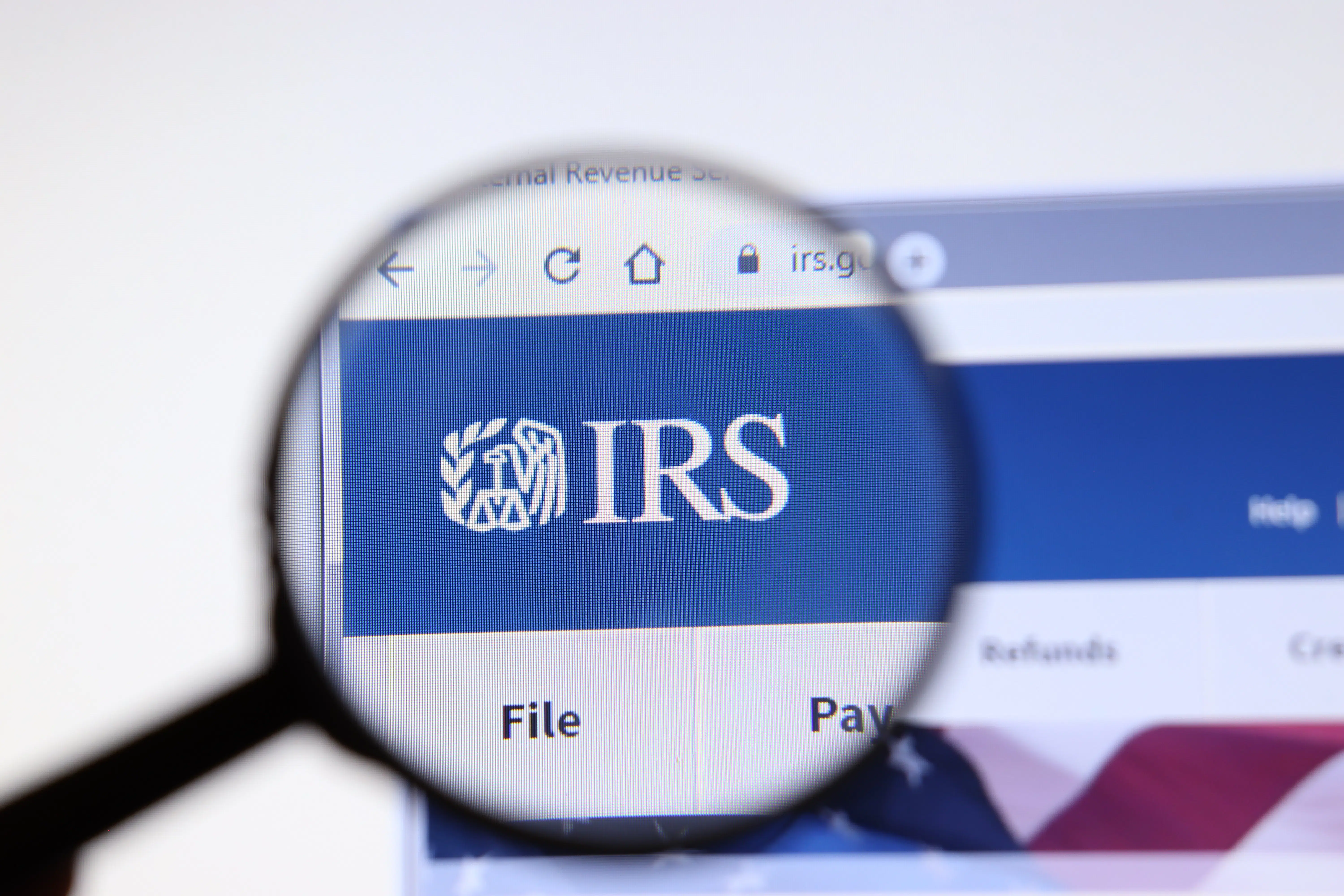Here’s How to Avoid an Advanced Child Tax Credit Scam
Home Help Center Here’s How to Avoid an Advanced Child Tax Credit Scam

- Advanced child tax credit payments are being sent by the Internal Revenue Service (IRS) as part of the American Rescue Plan. However, scammers may try to take advantage of the funds with child tax credit scams.
- The IRS will not call, text, email or message you about a child tax credit. If you receive an unsolicited message, it is a scam.
- To avoid a child text credit scam, do not respond to any unsolicited messages or click on any unknown links or attachments. Also, report the fraudulent activity to the Federal Trade Commission (FTC) by emailing [email protected] and the IRS by calling 800.829.4933.
- For more information on the child tax credit, who is eligible, how to submit your information and more, click here.
- If you believe you are the victim of a child tax credit scam or another form of identity theft, contact the Identity Theft Resource Center toll-free by phone (888.400.5530) or live-chat on the company website www.idtheftcenter.org.
The Internal Revenue Service (IRS) has sent approximately $15 billion to around 35 million families eligible for the advanced child tax credit. With the process underway, parents should look out for child tax credit scams. No eligible taxpayer has to do anything to receive the money, but criminals may try to say otherwise.
What You Need to Know About the Advanced Child Tax Credit
The advanced child tax credit was included in the American Rescue Plan, and it provides $250 to $300 per month per child to most families from July through December 2021. The IRS is paying half the total credit amount in advance monthly payments. The payments will come via direct deposit, paper check or debit card (more than 85 percent of the funds have been sent by direct deposit). Parents will claim the other half when they file their 2021 income tax return.
The IRS urges taxpayers who usually aren’t required to file federal income tax returns to file a return if they are eligible for Economic Impact Payments or advance payments of the Child Tax Credit. Learn more from the IRS about the advanced child tax credit, who is eligible, how to submit your information and much more.
Child Tax Credit Scams
Criminals are aware of the payments and will likely launch child tax credit scams. Criminals may impersonate IRS representatives just to steal your personally identifiable information (PII) like a Social Security number or bank account information. PII can be used to pose as you on the IRS website and reroute your money to the cybercriminals.
The ITRC’s CEO Eva Velasquez recently told NerdWallet: “Do not rely on incoming communications. If you didn’t initiate the contact, don’t engage. Caller I.D. cannot be trusted; even if a government agency’s name is listed, thieves may have originated the call and spoofed the caller I.D. display.”
What Should You Do?
The IRS says parents do not have to take any action to receive the advanced child tax credit funds. If you want to opt-out of the IRS payments or change your information, you can do that at www.irs.gov. Here are other tips on how to avoid an advanced child tax credit scam:
- Don’t respond to unsolicited communication. The IRS will not call, text, email or message you. If you receive a message claiming to be from the IRS, ignore it. The IRS will mail you anything that is legitimate, and there are ways you can make sure it is from the Service.
- Don’t click on any unknown links. If you receive a message claiming to be from the IRS, it is important not to click on any links or attachments because they could be malicious and used to steal your personal information. They could also lead you to a fraudulent website that asks you to input sensitive PII.
- Know who is supposed to receive the check. If you share custody of a child, make sure you know who is supposed to receive the check because sometimes a “missing” check has actually been delivered.
- Report child tax credit scams and fraud. If someone tries to take advantage of you with a child tax credit scam, you can report it to the Federal Trade Commission (FTC) by emailing [email protected]. If you believe someone stole the check from your mailbox, contact the IRS (800.829.4933) because they can trace the check and replace the money.
- Track your check. If it is mailed to you, go to www.USPS.com and sign up for Informed Delivery, which emails you photos of your mail before it is delivered. When your check is expected, pick up your mail or have someone do it for you as quickly as possible to avoid a repeat of earlier problems with government check deliveries.
Contact the ITRC
For more information on child tax credit payments, or if you believe you were the victim of a child tax credit scam, contact us. You can speak with an expert advisor at no cost by phone (888.400.5530) or live-chat on the company website. Just visit www.idtheftcenter.org to get started.
How much information are you putting out there? It’s probably too much. To help you stop sharing Too Much Information, sign up for the In the Loop.
Get ID Theft News
Stay informed with alerts, newsletters, and notifications from the Identity Theft Resource Center

